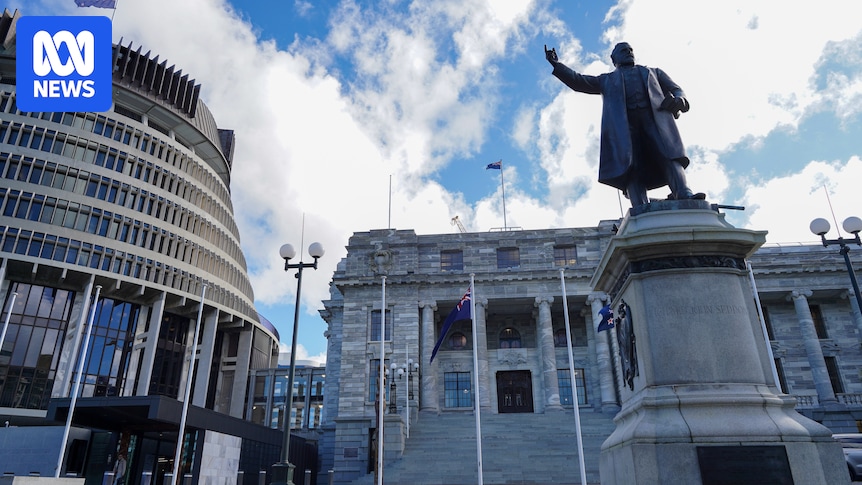US & NZ: The Heated Debate Surrounding Public Funding for Charter Schools
Charter schools, independently run but publicly funded, are a source of intense debate in both the United States and New Zealand. While proponents champion them as engines of innovation and choice, critics raise concerns about equity, accountability, and the overall impact on public education systems. This article delves into the key arguments fueling this ongoing controversy.
The US Landscape: A Patchwork of Policies and Outcomes
The US charter school system is incredibly diverse, with significant variations in funding models, regulations, and performance across states. This decentralized approach has led to a complex and often contradictory picture.
Arguments in Favor:
- Increased Choice and Competition: Supporters argue that charter schools provide families with alternatives to underperforming traditional public schools, fostering competition and driving improvements in the overall education system. They often highlight successful charter schools that serve marginalized communities.
- Innovation and Experimentation: Charter schools are seen as incubators for innovative teaching methods and curriculum development, offering opportunities to test new approaches that might later be adopted by traditional public schools.
- Improved Student Outcomes (in some cases): While results are mixed, some studies show that certain charter schools, particularly those focusing on specific student populations or pedagogical approaches, achieve better academic outcomes than their traditional public school counterparts. However, these findings are often debated and depend heavily on the specific schools and methodologies used.
Arguments Against:
- Equity Concerns: Critics argue that charter schools often exacerbate existing inequalities, particularly through selective admissions policies or a lack of resources for students with disabilities or from low-income families. The draining of funds from traditional public schools is another major concern.
- Lack of Accountability: Concerns exist regarding the oversight and accountability of charter schools, with some operating with less stringent regulations than traditional public schools. This can lead to inconsistent quality and a lack of transparency.
- Cream-Skimming: Some argue that charter schools "cream-skim" the best students, leaving traditional public schools with a disproportionate number of students needing extra support, further widening the achievement gap.
New Zealand: A More Limited but Equally Contentious Landscape
While New Zealand has a significantly smaller charter school sector compared to the US, the debate surrounding public funding remains equally heated.
Key Differences from the US Model:
- Smaller Scale: NZ's charter school movement is considerably smaller, with fewer schools and a more centralized approach to regulation.
- Focus on Specific Needs: Many NZ charter schools focus on serving students with specific learning needs or those who may not thrive in traditional school environments.
- Stronger Emphasis on Maori and Pacific Islander Education: There's a greater emphasis on culturally responsive pedagogy and addressing the educational disparities faced by indigenous communities.
Similar Concerns:
Despite the scale differences, the core concerns about equity, accountability, and the overall impact on the public education system mirror those in the US. The debate often revolves around whether public funding is the most effective way to achieve educational goals and whether charter schools truly offer a superior educational model.
Conclusion: An Ongoing Dialogue
The debate surrounding public funding for charter schools in both the US and New Zealand is far from resolved. A nuanced understanding requires careful consideration of the diverse experiences and outcomes across different schools and contexts. Further research and transparent evaluation are crucial to inform policy decisions and ensure equitable and high-quality education for all students. This requires open dialogue involving parents, educators, policymakers, and the communities these schools serve.
Further Reading:
Call to Action: What are your thoughts on public funding for charter schools? Share your opinions and experiences in the comments below.

